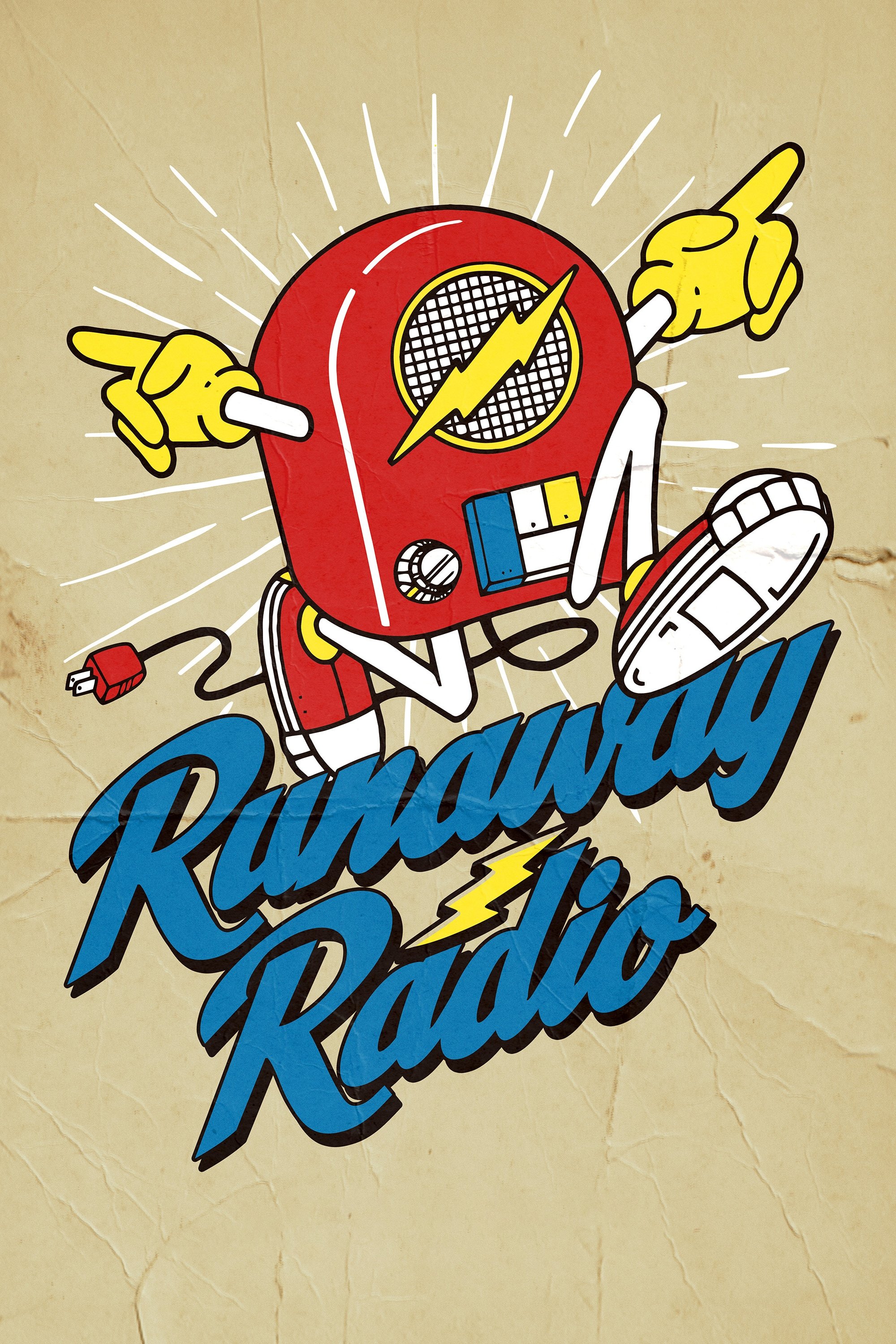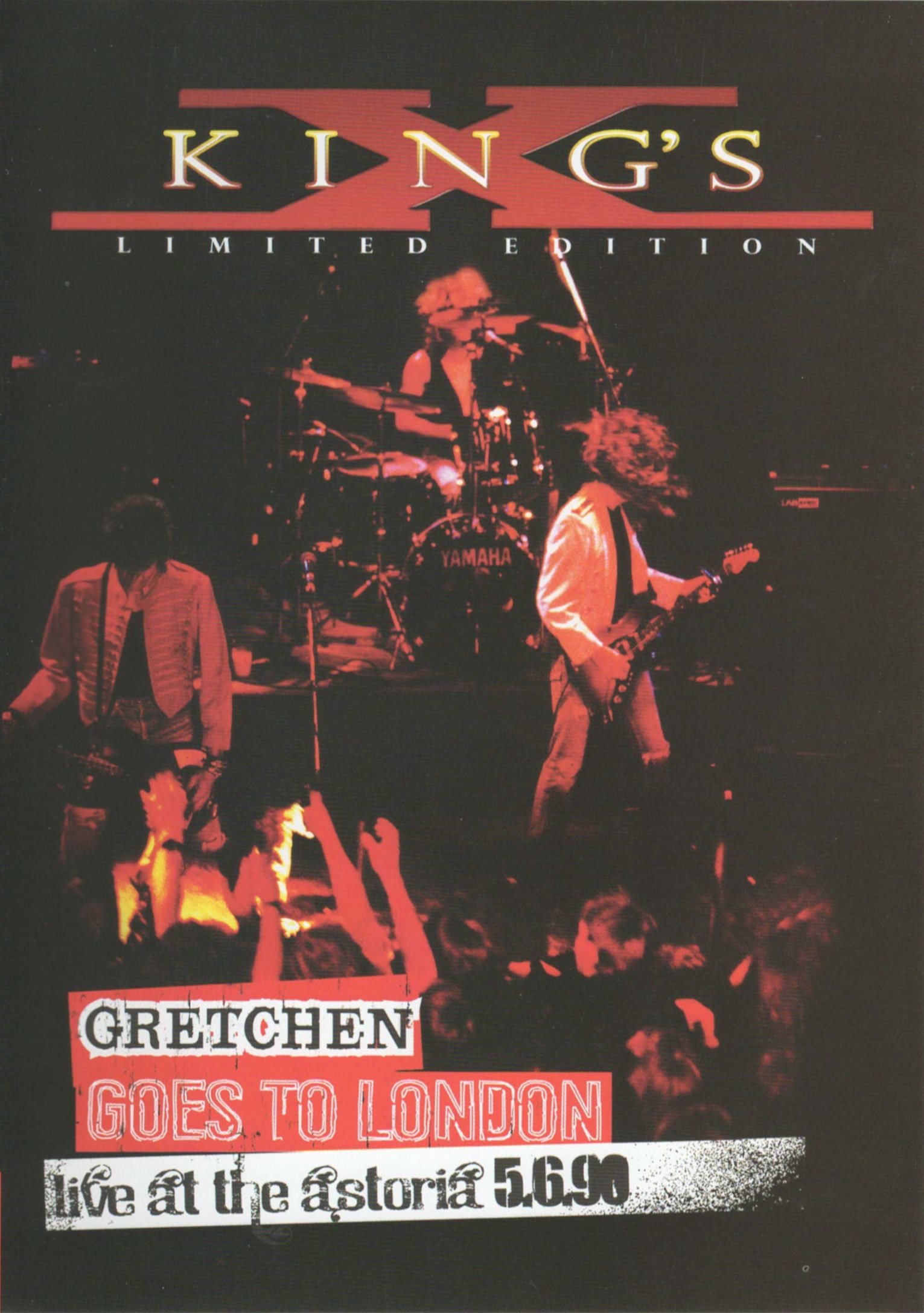

Once upon a time, before our lives went fully digital, radio entertained, informed and dictated what was cool through theater of the mind - and with that Houston's 101 KLOL played a big role in the lives of rock radio listeners. The forthcoming documentary "Runaway Radio" focuses on the legendary outfit - starting in 1970 as a progressive rock station, where DJs played whatever they wanted, to how it evolved into one of several wild Album Oriented Rock (AOR) stations across the country, where on-air personalities were sometimes bigger than the music itself. In the film acclaimed musicians such as Lyle Lovett, ZZ Top's Dusty Hill, Melissa Etheridge and Sammy Hagar along with top radio DJs from across the US reflect on how the medium changed their lives and the lives of devoted listeners. Yet in the end, changes and pressures from Washington, the music industry and Silicon Valley led to the station's, and much of the format's, demise in the 2000s.

When King's X released their landmark sophomore album, "Gretchen Goes to Nebraska" in the summer of 1989, they were poised to conquer the world. It was universally hailed as an instant classic among fans, peers, and critics alike. The album was perched high atop reader and critic polls as one of the most significant albums of the year in the U.K., Germany, and the Netherlands, the region that also voted "Gretchen" as one of the best albums of the entire decade. Additionally, the album placed on America's "Billboard" charts. "Gretchen Goes to London" documents the historic show at the famed Astoria Theatre in 1990. With never-before-seen footage, "Live at the Astoria" presents King's X at the top of their game, exuding an energy that surpasses the studio recordings.
Douglas Theodore Pinnick (born September 3, 1950), sometimes stylized as dUg Pinnick or simply dUg, is an American musician best known as the bass guitarist, co-lead vocalist, and songwriter for the hard rock and progressive metal band King's X. He has performed on 15 albums with King's X and recorded four solo albums. Pinnick has also participated in numerous side projects and has multiple guest appearances to his credit. He is recognized for his unique vocals (which are characterized by a strong gospel influence), and heavily distorted bass tone. Pinnick often plays bass with a guitar pick, though he has also been seen using his fingers.
By browsing this website, you accept our cookies policy.